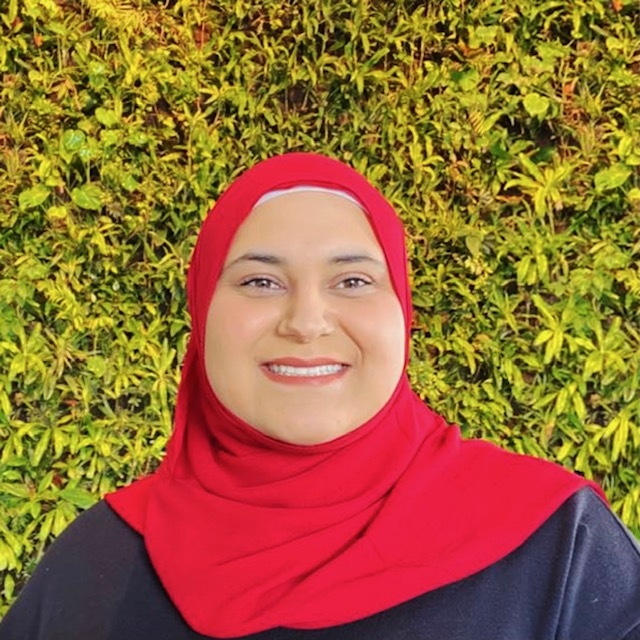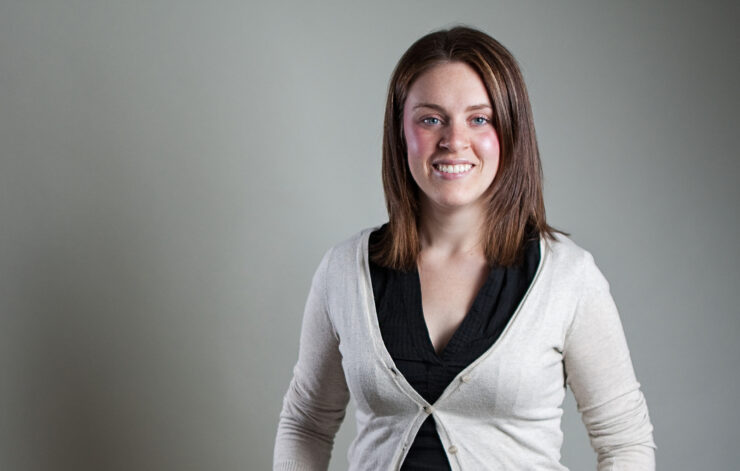Dr. Lisa Monchalin scheduled to talk Indigenous issues at Alex Trebek Alumni Hall
On Dec. 5, University of Ottawa alumna Lisa Monchalin, the first Indigenous woman to graduate with a PhD in criminology in Canada, will be holding court at the Alex Trebek Alumni Hall to help shine a light on the issues faced by Indigenous people today.
Her new book, The Colonial Problem: An Indigenous Perspective on Crime and Injustice in Canada, is an incredibly relevant piece of work, which can contribute to valuable discussion both inside and outside of the classroom.
“In criminology, Indigenous peoples is not something covered enough,” Monchalin wrote in an email to the Fulcrum. “Thus I wanted to write this book in order to add to this area of work within criminology. I want to work towards making Indigenous peoples and justice central within criminology.”
For this book launch, students, staff, and members of the U of O community alike are invited to meet Monchalin for the launch and signing of The Colonial Problem, which intends to educate the masses about the overrepresentation of Indigenous people in Canada’s criminal justice system.
Monchalin’s hope is that through this book launch she can inform people of the norms of justice in her community.
“I aim to make a difference to the criminalization and victimization impacting Indigenous peoples through education,” she explained, adding that “(the topic) has been important and continues to be important because this is Indigenous land, always has been, and always will be. ”
Jeffrey Bradley, Nisse Bourne, and Kyle Levins of the U of O Criminology Graduate Students Association (CGSA) put this event together in the hopes of spreading Monchalin’s message.
“People really care about these issues, and they recognize that it’s important to talk about,” said Bourne. “And I think that people in Ottawa have really been waiting to have something like this happen. We’re fortunate enough to be able to facilitate that.”
Members from the Institute for Canadian and Aboriginal Studies, the Anthropology and Sociology Graduate Students Association, and the Institute of Feminist and Gender Studies will all be in attendance for this Dec. 5 event and have all showed their continued enthusiasm during the planning process, according to Bourne.
“We’ve engaged a lot of different departments, so I think this is a good jumping off ground to open up conversations about how Lisa’s book could be integrated into a course,” Bourne explained.
Marcelo Vargas, an Indigenous elder, will be opening the book launch, followed by a presentation by Monchalin that will outline her inspiration behind writing The Colonial Problem.
The event will also feature keynote speakers and panelists including Kathryn Campbell, a professor in the Department of Criminology, Daniel Ruck, a history professor at the U of O, as well as Bridget Tolley, an activist for Indigenous rights with the Families of Sisters in Spirit, an organization that helps raise money and awareness for murdered and missing Indigenous women.
“This event is not just about a book, and it’s not just about Dr. Monchalin … but it’s about showing solidarity with Indigenous peoples,” said Bourne.
Bradley believes that these kinds of issues are more timely than ever, especially with the controversy surrounding the recent Kinder Morgan pipeline protests.
“This is a really hot topic issue, especially since the Trudeau government has been in power for almost over a year now and it’s time for change. It’s time to consult with Indigenous people.”
While the book launch is free to attend and open to the public, registration is required. Refreshments will be provided, and attendees may purchase the book for a reduced price of $40.
The Colonial Problem is available online on Amazon, the University of Toronto Press website, and will be offered at the U of O school bookstore following the event. For more information regarding the book launch you can follow CGSA on Twitter, or Facebook.






